
Services are under threat and council tax is forecast to rise as Lancaster City Council faces a "grim" financial future, a leading councillor has warned.
Councillor Anne Whitehead said that "difficult decisions" lie ahead as the council faces a near £3m budget deficit.
The forecast is that the city council's proportion of council tax may have to rise by 2.99 per cent for each of the next three years, she told fellow councillors at a meeting on Wednesday.
Councillor Whitehead, a Labour councillor and cabinet member for finance and resources, said a £2.965m projected overspend by the council this year was due to "the cost of living crisis, increased costs due to high energy bills and inflation".
She said the council's reserves would have to be used to plug the gap in the budget.
The amount of usable council reserves is forecast to drop to £23.5m, but much of this fund is already earmarked for specific purposes.
"Difficult decisions will affect the manner in which we deliver services," she said.
"It looks pretty grim.
"The government thinks local authorities have increasing reserves, and encourages us to use those reserves to maintain services. They are not going to help us out. I guess we had better use our reserves but heaven help us if we go bankrupt."
At the autumn statement last week, the government announced from April 2023, local authorities will be able to raise core council tax by three per cent without a referendum.
Lancaster City Council's medium-term financial strategy update, published earlier this month, assumes that their proportion of council tax will have to rise by 2.99 per cent for each of the next three years.
Council tax is one way in which the city council raises money to pay for the services it provides and is charged on most homes. Proportions of council tax also go to Lancashire County Council, the police and fire services, appropriate parish councils and for Adult and Social Care.
Projected budget gaps over the next few years could rise to more than £9m by 2026/7 unless action was taken, said Councillor Whitehead.
"Balancing the budget will be a difficult task," she said, at the meeting of full council, held at Morecambe Town Hall on Wednesday.
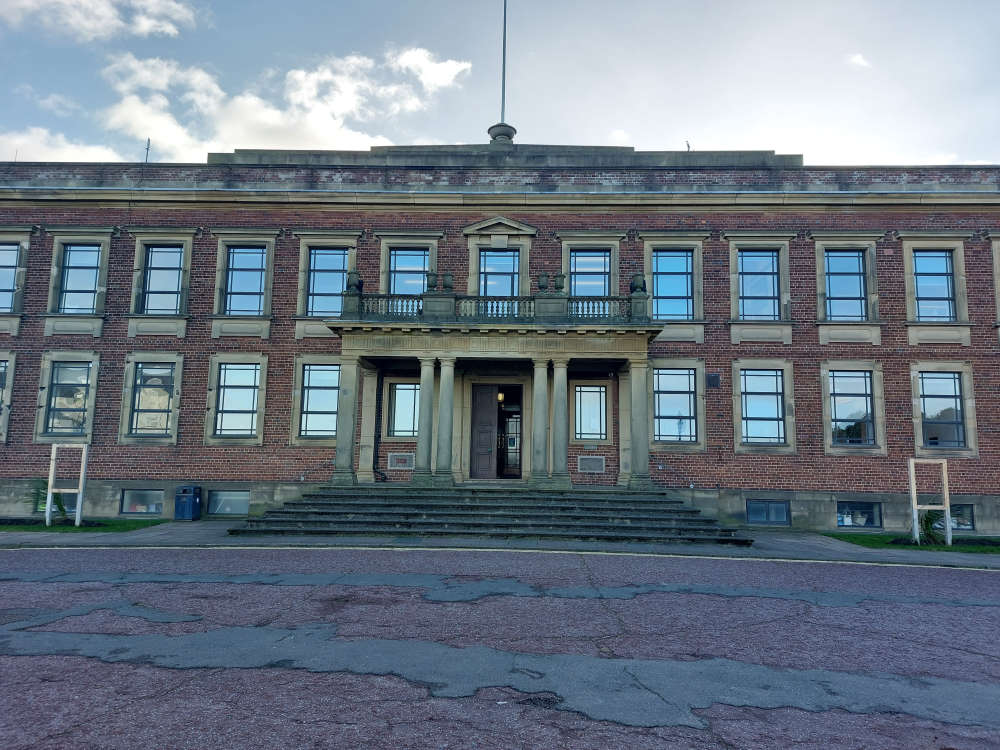
"Clearly we are going to have to meet this challenge and we are taking steps to do that."
Councillor Andrew Gardiner, Conservative, asked: "Why didn't we address the financial challenge 10 years ago?"
"We've always tried to do that," replied Councillor Whitehead.
"It's always a balancing act to provide services that residents want and keep balancing the books."
The government provides local councils with funding each year, in what is known as the Local Government Finance Settlement.
Budget proposals for the next financial year can't be finalised until the settlement is announced, expected to be later this month.
The rateable value of business properties used to calculate business rates, another key source of Lancaster City Council funding, are also set to be re-evaluated in April.
After an update for this financial year (the Budget and Policy Framework) was put before councillors on Wednesday night, Labour's Councillor Erica Lewis asked why the council hadn't been asked to vote on it.
"If this council establishes part of the Budget and Policy Framework then it must be agreed by the council," she said.
Mark Davies, chief executive of the council, said the report was an update for members and was solely "for noting".
At the same meeting, councillors voted via a majority to maintain the Localised Council Tax Support Scheme for the next financial year. The scheme gives people on low incomes relief from paying council tax.
Related Story: "Free ride" claim sparks row over council tax relief in Lancaster and Morecambe - Beyond Radio



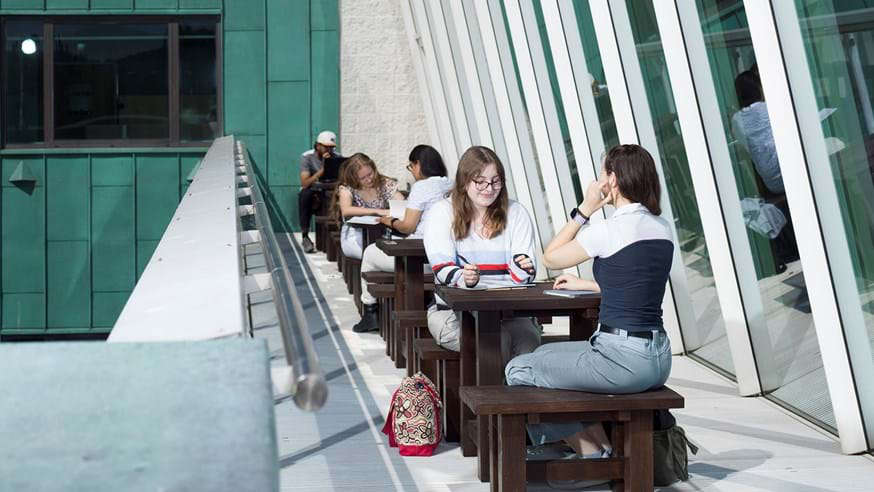 Lancaster remains best university in North West England in Complete University Guide
Lancaster remains best university in North West England in Complete University Guide
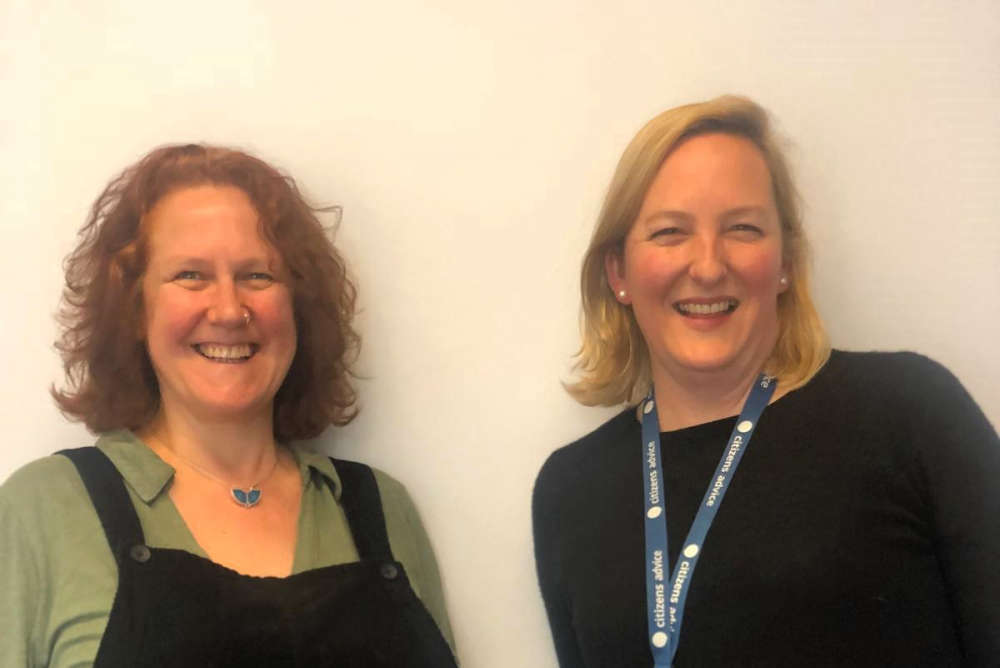 'Music with the Mayor' initiative launched to support North Lancashire’s Citizens Advice
'Music with the Mayor' initiative launched to support North Lancashire’s Citizens Advice
 DIARY: Beyond Radio presenter fighting cancer continues his '60 Before 60' challenge
DIARY: Beyond Radio presenter fighting cancer continues his '60 Before 60' challenge
 BIG FIGHT COUNTDOWN: Tyson Fury's father John headbutts Usyk supporter ahead of undisputed heavyweight title fight
BIG FIGHT COUNTDOWN: Tyson Fury's father John headbutts Usyk supporter ahead of undisputed heavyweight title fight
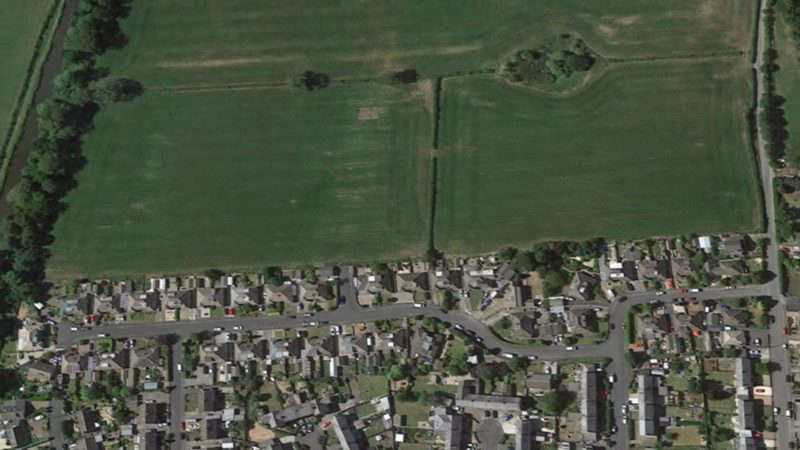 Decision to refuse Galgate housing scheme planning permission upheld following public inquiry
Decision to refuse Galgate housing scheme planning permission upheld following public inquiry
 INTERVIEWS and PHOTOS: The story of Highest Point festival 2024
INTERVIEWS and PHOTOS: The story of Highest Point festival 2024
 INTERVIEW: Lancaster prison officer backed by Tyson Fury wins sport contest ahead of Miss England bid
INTERVIEW: Lancaster prison officer backed by Tyson Fury wins sport contest ahead of Miss England bid
 VIDEO and INTERVIEW: Lancaster schoolboy, 10, makes drum 'n' bass DJ debut at Lancaster festival
VIDEO and INTERVIEW: Lancaster schoolboy, 10, makes drum 'n' bass DJ debut at Lancaster festival
 Highest Point 'Lancaster Rocks' night cancelled due to thunderstorms warning
Highest Point 'Lancaster Rocks' night cancelled due to thunderstorms warning
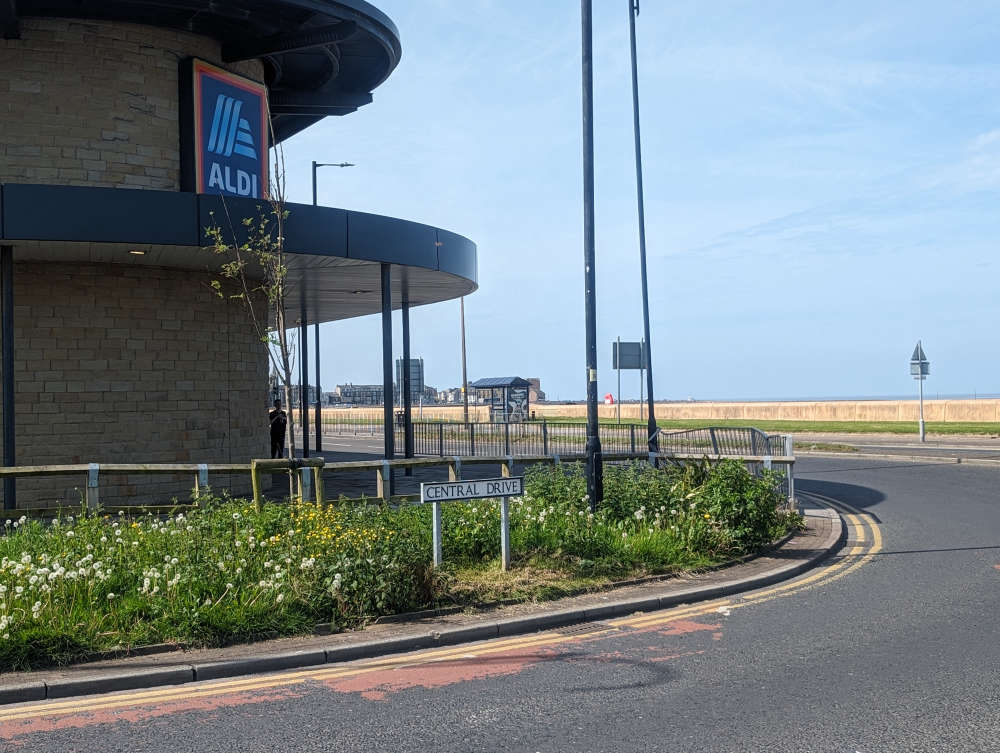 Quad bike rider dies after road crash in Morecambe
Quad bike rider dies after road crash in Morecambe
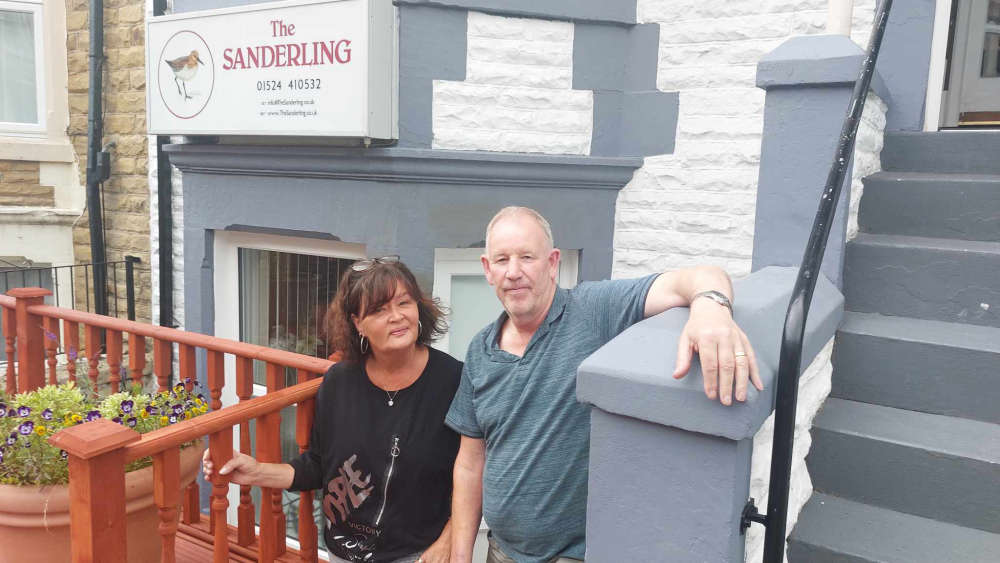 Morecambe guesthouse couple to star on reality TV show 'Four in a Bed'
Morecambe guesthouse couple to star on reality TV show 'Four in a Bed'
 PHOTOS: Northern Lights dazzle on Highest Point festival day one
PHOTOS: Northern Lights dazzle on Highest Point festival day one
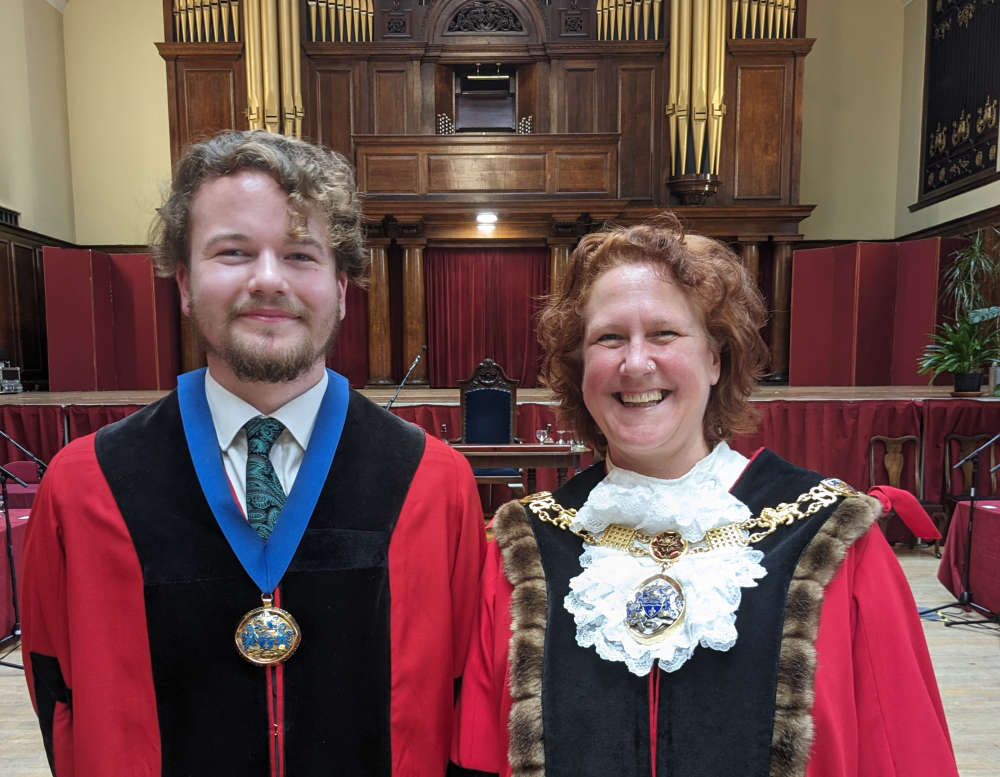 Mother and son unveiled as new Lancaster mayoral team
Mother and son unveiled as new Lancaster mayoral team
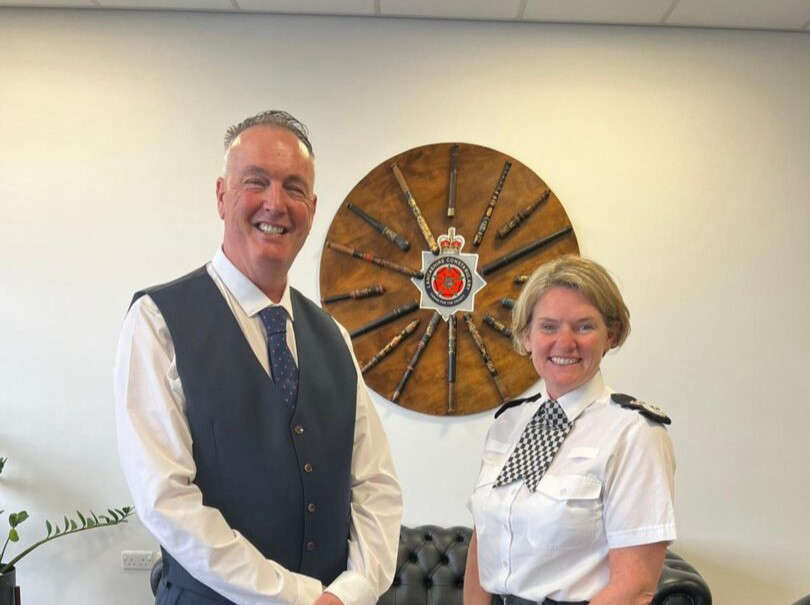 New police and crime commissioner for Lancashire begins role
New police and crime commissioner for Lancashire begins role
 Morecambe homeless man jailed after admitting criminal damage
Morecambe homeless man jailed after admitting criminal damage
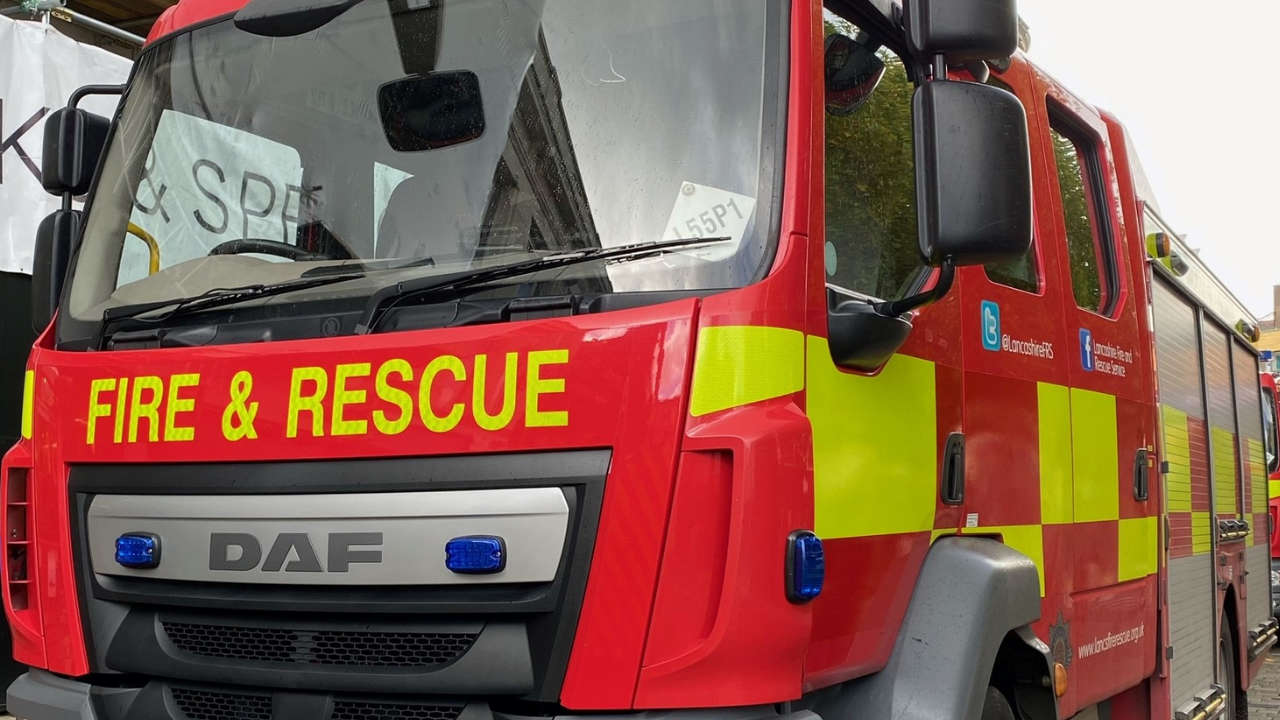 Firefighters tackle fire at flat in Morecambe
Firefighters tackle fire at flat in Morecambe
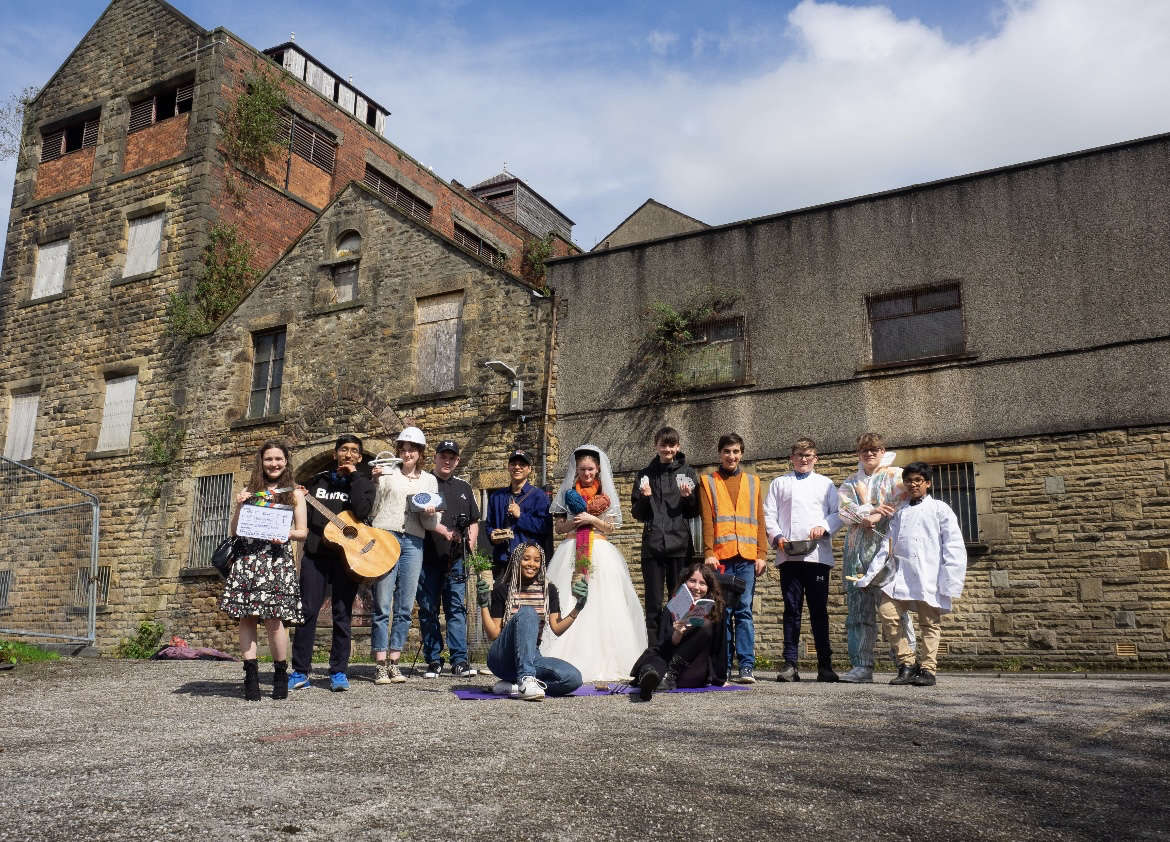 Lancaster youth charity awarded £221,400 towards vision for 'creative youth space' in city
Lancaster youth charity awarded £221,400 towards vision for 'creative youth space' in city
 Tennis club near Lancaster unveils new courts after £50,000 fundraising campaign
Tennis club near Lancaster unveils new courts after £50,000 fundraising campaign
 INTERVIEW: Highest Point chief 'proud' of lineup for 2024 festival
INTERVIEW: Highest Point chief 'proud' of lineup for 2024 festival
 Highest Point festival stage times: all you need to know
Highest Point festival stage times: all you need to know




